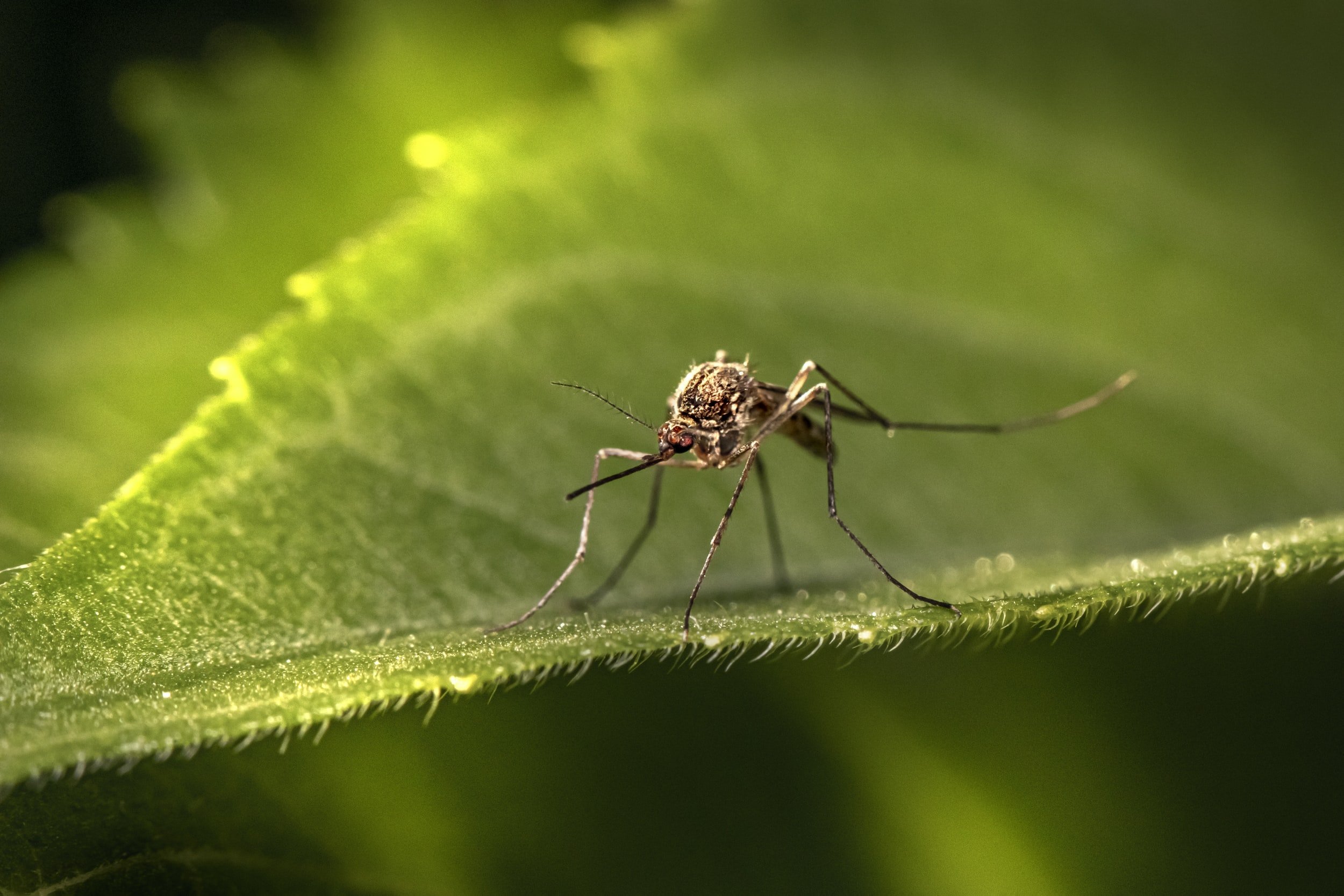
Mosquito-borne Disease Control Program
MOSQUITO CONTROL
Some species of mosquitoes can spread germs like West Nile virus or Eastern Equine Encephalitis (EEE), while others are nuisance species that annoy people with their bites, but do not spread germs. Whether nuisance species or vectors of diseases, it is important to control mosquitoes through mechanical, educational, biological, and chemical methods.
Click the tabs below to learn about the main components of mosquito control
-
Mechanical control is the first line of defense against mosquitoes. This method involves physically removing the mosquitoes source of breeding. For example, dumping anything with stagnant water and flipping over containers can prevent mosquitoes from laying eggs. Recycling tires is another great method to remove mosquito breeding grounds from your yard. Every year, our program holds tire collections. Also, educating the public is a great way to promote mosquito bite prevention and increase the use of mechanical control methods. Visit our education tab at the top of this page to learn more about how our program educates the public.
-
It is easier to control mosquitoes at the source than when they are flying around as adults. When mechanical control is not entirely effective, biological control is the next option. This includes options like Bacillus thuringiensis israelensis (BTI) or insect growth regulators. Biological pesticides generally have low toxicity to humans and other mammals and few environmental impacts.
You can read the product labels for biological mosquito control products by clicking on the names below:
-
When biological control is not practical nor effective, we then use EPA registered chemical pesticides at low volumes to suppress adult mosquitoes.
We use ultra low volume sprayers on our trucks, which spray extremely small droplets of product (60 droplets can fit on the head of a pin). They are only “potent” for about 20-30 minutes after spraying. Typically, less than a shot glass of control product is spread over a football field (about 1 acre).
You can read the product labels for chemical mosquito control products by clicking on the names below:
Upcoming truck spray events
There are currently no planned truck sprays.
City Catch basin treatment program
Catch basins, also called storm drains or storm water inlets, can make the perfect environment for young mosquitoes to grow. Although catch basins are designed to remove run-off water, they can actually hold water if they are clogged with litter or debris. The mosquito that spreads West Nile virus loves the dirty, organic water that collects in them. The Lebanon and Lancaster County Mosquito-borne Disease Control Program has a pro-active catch basin treatment program for both the city of Lebanon and Lancaster. We find clogged catch basins in the two cities that are filled with water and treat them with a safe larvicide, so that mosquitoes cannot grow in them. You can view our progress on the maps below.

